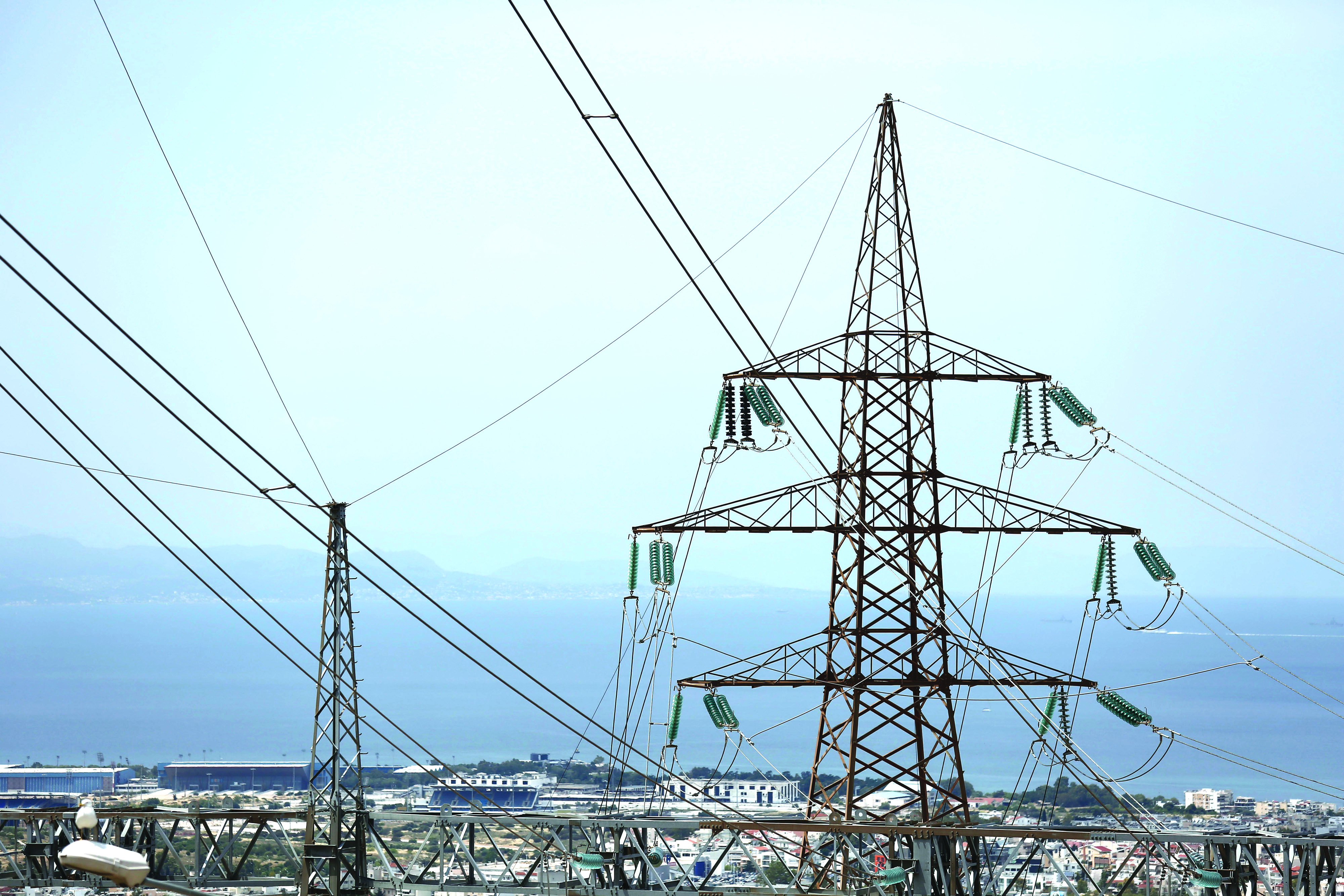
Muscat: Advanced digital electricity meters and metering systems are required to be installed at the premises of large electricity consumers before introducing the proposed ‘cost reflective’ tariff. These are required for measuring energy consumption on an hourly basis for determining large consumers.
The phased implementation of cost reflective tariffs for large industrial, commercial and government customers has already been approved by the council of Financial Affairs and Energy Resources.
“Cost reflective tariff will be applied to the customers whose consumption equal or exceed 150,000 kWh in a year. Successful implementation of cost reflective tariffs will require the deployment of metering and related systems capable of reading electricity consumption on an hourly basis, retrieving, collating and processing data for the purposes of generating accurate bills for the settlement in agreed timescales,” Rural Areas Electricity Company said in its annual report released on Monday.
Cost reflective tariff reflects the true cost of supplying electricity to customers. The proposed tariff scheme effectively eliminates the reliance on government subsidies to cover the variance between the permitted tariff and the true cost of supply of electricity.
International Monetary Fund (IMF) has advised Oman government to introduce reforms aimed at cutting energy subsidies in a move to eliminate budget deficit amid sluggish oil prices.